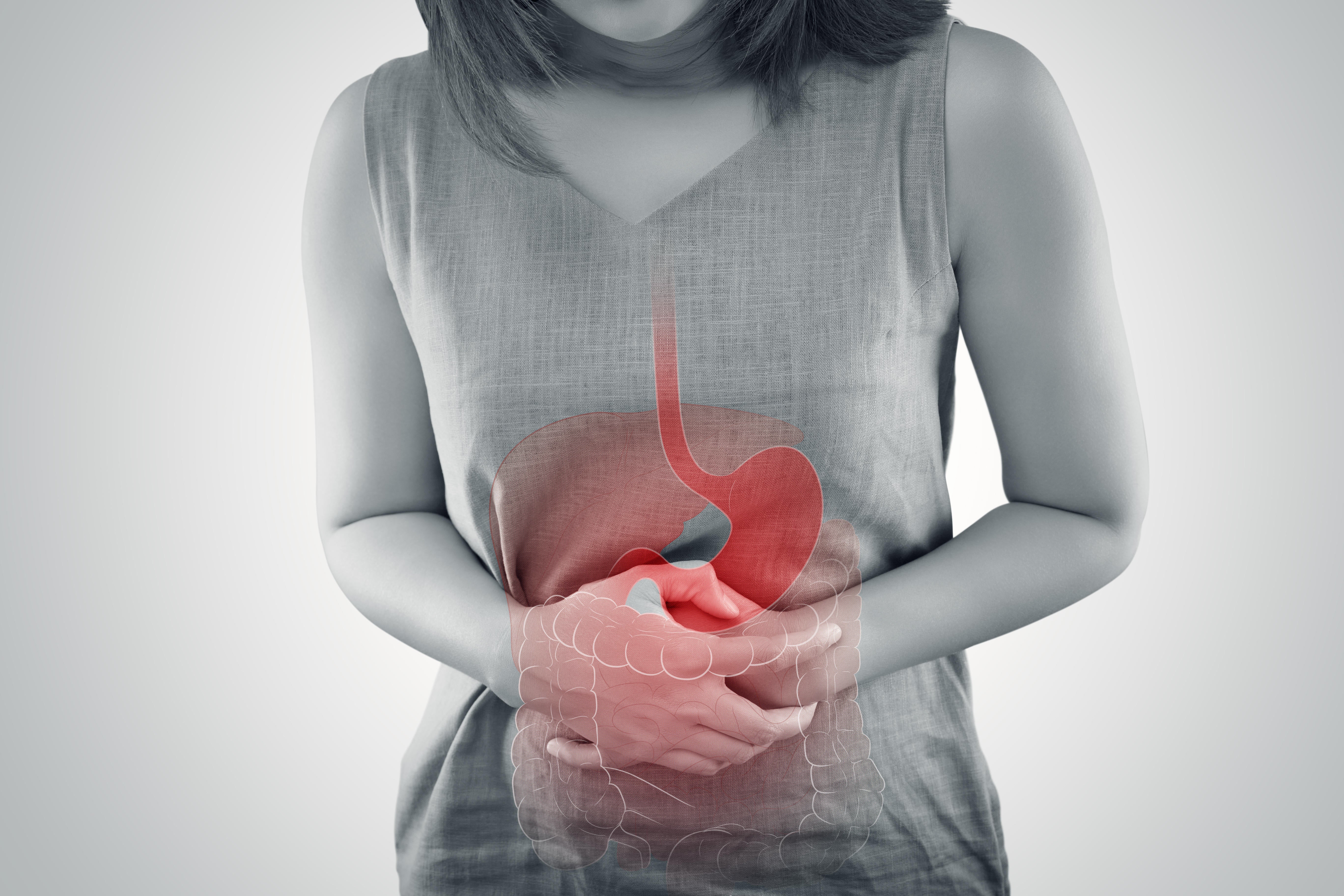
Former The Only Way Is Essex star Chloe Meadows revealed she ignored symptoms of ulcerative colitis for around 10 years.
The reality star spoke about her experience with the condition on Dr Oscar Duke’s Bedside Manners podcast, explaining that she first noticed blood in her stool at age 16 while at boarding college.
Speaking on the podcast, the 33-year-old said: “I remember I told my mum and was like there is quite a lot of blood down the toilet, I’m not really sure what is going on and she, of course, said go to the doctors.
“I went to the doctors and they said that I would have to have a colonoscopy.

“The doctor referred me and I got this letter, and this is awful, but I got this letter and I just never went to the appointment because I was terrified.
“It would stop for periods of time so that the blood would go away. I’d be like, ‘Oh, cool, it’s gone away, I’m better. There’s nothing wrong with me’. I’d go through years where it wouldn’t happen and then it would happen again, and then it would stop again.
“I just got on with it and ignored it. I think I was scared of having any procedure done.”
This podcast episode brings much-needed awareness to this common condition, and reflects on how many people underestimate or ignore symptoms when they flare up.
To find out more about ulcerative colitis, we got in touch with Pearl Avery, IBD (inflammatory bowel disease) nursing lead at Crohn’s & Colitis UK, who has highlighted some common symptoms to look out for.
What is ulcerative colitis?

“Ulcerative colitis is a type of IBD where parts of the large bowel – the colon and rectum – become inflamed and ulcerated,” explains Avery. “This can cause worrying symptoms like blood in your poo and frequent, urgent diarrhoea as well as weight loss (because you’re struggling to absorb nutrients) and fatigue.
“Usually, the immune system protects the body, but it’s thought that in colitis it goes wrong and starts attacking the bowel.”
However, the exact cause of ulcerative colitis is still unknown.
“We don’t know for sure what causes colitis or Crohn’s, but researchers believe it’s a mix of genes, bacteria in the gut and something in the environment that triggers it,” says Avery.
“There are all sorts of exciting studies happening now to unlock the mystery of what causes IBD and hopefully one day find a cure.”
What are some common symptoms to look out for?
Although everyone experiences colitis differently, there are some red flags that you shouldn’t ignore.
“Some symptoms to look out for include blood in your poo (more than once), urgent and frequent diarrhoea, unexplained weight loss, joint pain and fatigue,” says Avery. “Constipation can also be a symptom of colitis, as can stomach pain.

“There is a really handy symptom checker on the Crohn’s & Colitis UK website which takes just 30 seconds to complete and provides support and guidance on when to see a doctor and what to say when you get there.”
When should you seek medical advice about these symptoms?
“I know it can be really tempting to tell yourself that it’s just a ‘dodgy tummy’ or something you ate, but the sooner you seek help, the better,” advises Avery. “If you are seeing blood in the toilet when you poo or having frequent diarrhoea or even waking up in the night to rush to the loo, then it’s time to speak to someone about it.
“We know that it’s taking too long for people with Crohn’s and Colitis to be diagnosed, but the sooner you start that process and ask for help, the better.”
How is it diagnosed?

There are a variety of tests you can be referred for if colitis is suspected.
“One is a straightforward faecal calprotectin test, which analyses a sample of your poo to work out how much inflammation you’ve got going on in your bowel,” says Avery. “Then you might be referred for a colonoscopy, which is done in the hospital and involves having a scope, or tiny camera, put into your bottom to look around the colon and rectum.”
What are the treatment options?
“There’s no cure yet for colitis, but there are lots of treatments available, including medications like immunosuppressants and steroids to keep symptoms under control and get you into remission,” notes Avery. “There are new drugs being developed all the time, which is really encouraging.
“Some people with colitis end up having surgery to have part of their bowel removed and a stoma fitted. Those operations are life-changing, but that’s not a bad thing, because for many patients the change is very positive, and they tell us they wish they had had the surgery sooner and it has given them a new lease of life.”
Here’s what Ozempic and Wegovy are really doing to your mouth
Physiotherapists reveal why it’s crucial to look after your bone health over 60
The latest walking trend that could help burn more calories and lower blood pressure
Older millennials are increasingly getting this rare cancer type
The ‘healthy’ ultra-processed foods that are quietly doing harm
AI is making friends with our children making them unable to cope with real life







